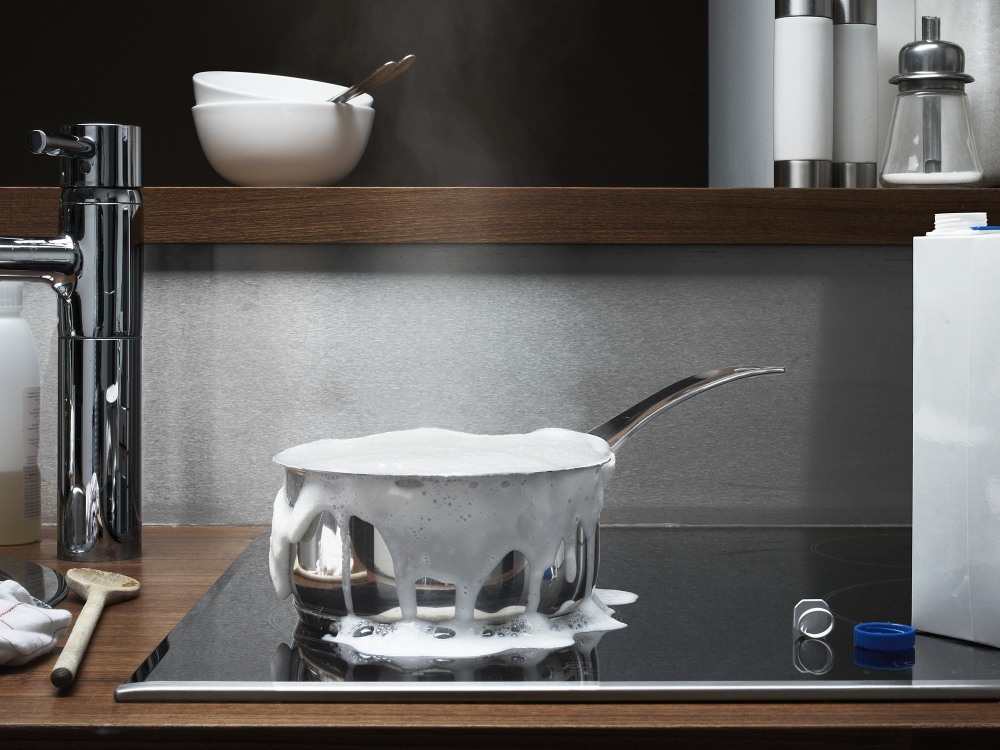[ad_1]

The phrase “ghost kitchens” very first appeared in a 2015 NBC New York report, but they are now an recognized existence in the cafe globe.
Ghost kitchens are foodstuff preparation and cooking services, frequently shared by many operators, that produce delivery-only meals. When NBC New York pulled again the covers, they uncovered a variety of nefarious functions and cautioned diners that the supply foods they buy could possibly be geared up in “unregulated kitchens” lacking restaurant permits.
These kitchens continued to operate in New York and in other places, but it wasn’t until eventually the COVID-19 pandemic arrived in March 2020 that they took common root. The danger of contracting or spreading a occasionally-lethal illness confident diners to stay absent from common dining establishments (if they had been even open) and purchase shipping and delivery. Due to the fact then, ghost kitchens have proliferated and now lay assert to a agency place in the food stuff market.
So, are ghost kitchens lawful? The response is evidently certainly, but there are other legal issues encompassing them.
Who Regulates Ghost Kitchens? And How?
Government officers, for instance, are figuring out how ghost kitchens match into regulatory techniques. Ordinarily, these functions entail a model that takes advantage of an off-locale kitchen area to put together the meals. Unlike traditional restaurants, ghost kitchens really don’t have seating, wait around personnel, or storefronts.
Some cities, like New York, present inspection letter grades on overall health section internet sites. But officials in some jurisdictions have expressed concern that a foodstuff facility working with a ghost kitchen area could address up a lower rating by merely functioning beneath a title that is not in the method. At the very least that is a person of the concerns that surfaced when New York’s Modest Business Committee examined how to superior control ghost kitchens in 2020.
Govt officials’ most important problem is foodstuff protection prerequisites. And dependent on how the ghost kitchens are established up, the meals-protection regulator could both be the U.S. Food and Drug Administration or point out and nearby wellness authorities.
Amenities that procedure, pack, and maintain food stuff for use ought to be licensed with the Food and drug administration. But corporations classified as a restaurant, which the Fda defines as “a facility that prepares and sells food stuff specifically to shoppers for instant consumption,” state and neighborhood well being authorities are dependable for oversight.
No matter if it is the Fda or state and regional authorities, all ghost kitchens must fulfill meals safety requirements. This is wherever it will get a little bit tricky for shoppers.
“Mainly because of the digital mother nature of ghost kitchens, buyers can not access wellbeing inspection letter grades as conveniently as they could at traditional places to eat, which may possibly be necessary to display proof of inspection in their storefronts or eating places,” according to The Regulatory Assessment.
The Review instructed just one way that customers could much better know about the security of the supply food items they purchase is if food stuff-supply companies would disclose the inspection grades of the kitchens they support.
Who Can You Sue?
Another challenge for people is that if they get unwell from food items well prepared in a ghost kitchen area, it may well be difficult to pinpoint who is liable.
“When a number of eating places run out of the same ‘ghost kitchen’ and the nature of these kitchens are short term, it can become progressively challenging to observe down who owns what,” said Krenar Camili, a New Jersey personal harm lawyer. “This could develop into a lawful difficulty for someone seeking to sue a foodstuff business that is merely a model title functioning from a ghost kitchen area.”
As ghost kitchens have taken keep, it was most likely inevitable that a savvy entrepreneur would acquire the principle to the subsequent degree. That appears to be the case with Reef Know-how, a former parking facilities corporation. Reef is utilizing its extensive network of parking heaps and garages to residence more than 5,000 ghost kitchens — some brick-and-mortar and some in vehicles — to provide significant cafe names like Wendy’s, Bennigan’s, and TGI Friday’s.
The quick enlargement has not happened without having difficulties. In New York Town, the Wellness Division flagged Reef late final yr for “violating quite a few New York Town health and fitness and basic safety requirements,” incorporating that Reef agreed to cease operations to assure that it follows metropolis rules.
Reef also clashed with regulators in Minneapolis, exactly where officers needed to regulate them as foodstuff vehicles and fined Reef for various violations, together with defective food storage. Reef responded by shutting down three mobile kitchens in the city.
It does feel clear that ghost kitchens are listed here to stay, having said that. Right after all, we are accustomed to the presence of food stuff trucks all over the place, and how unique are ghost kitchens from kitchens on wheels?
But at minimum with the vans, you know wherever your foods is well prepared.
Related Resources:
[ad_2]
Supply backlink





More Stories
Oxford Languages
Press Room
Oxford Languages